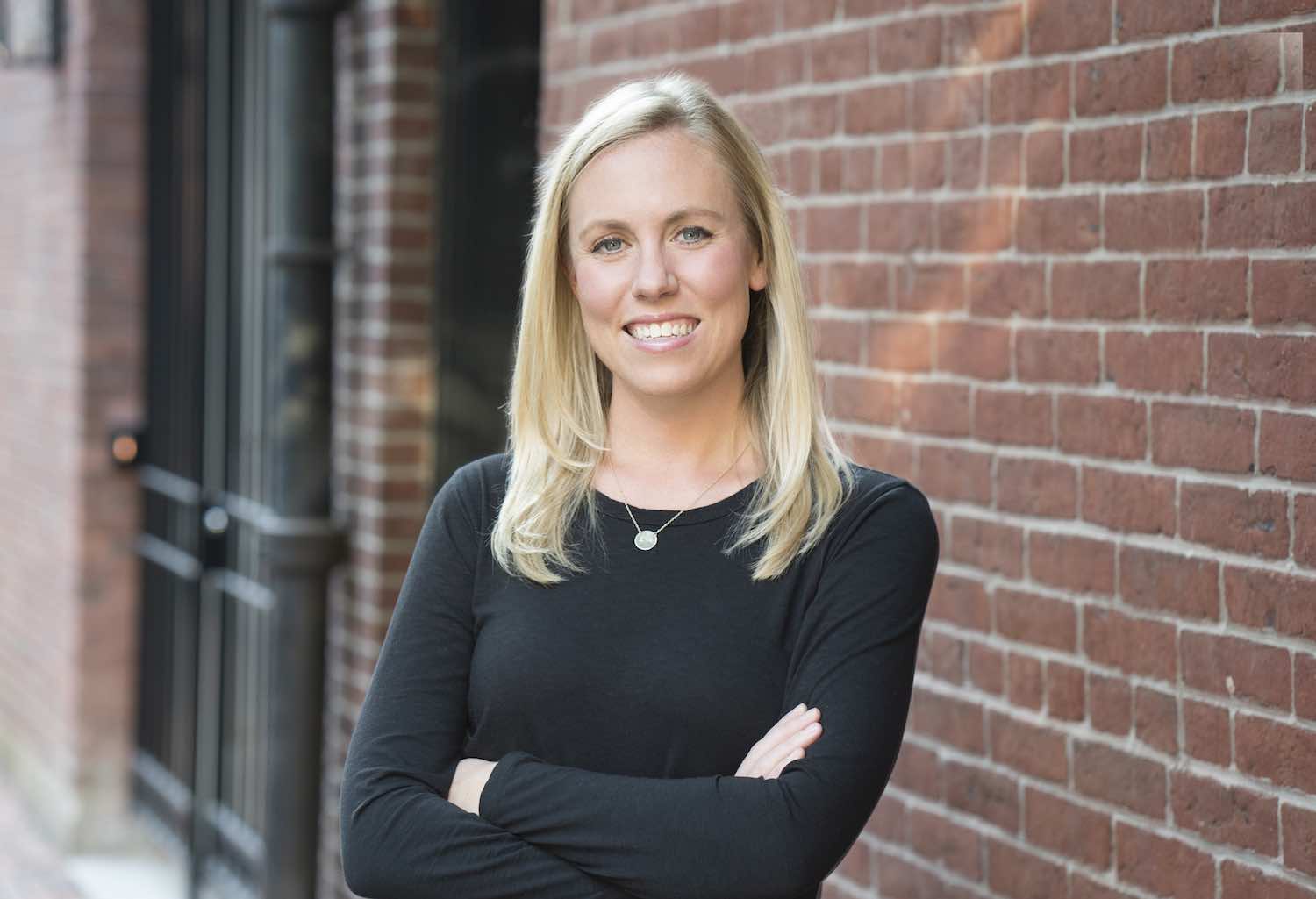Women in Ghana Turn Water Challenges into Opportunities
-
-
Slice of MIT
Filed Under
Recommended

In late 2007, Kate Cincotta SM ’09 landed in Accra, Ghana, before boarding a 20-hour bus to the north. As a master’s student in MIT’s Technology and Policy Program, she was there to study treatment solutions for rural water sources contaminated with bacteria and fecal material. Cincotta was struck by “the immense workload of day-to-day life” in the small, remote communities, much of which included securing access to clean water.
“Every family was like, ‘Yes, I know this water source is dirty. I know it can make me sick but there’s no other option,’” Cincotta recalls hearing. The water could be decontaminated with ceramic filters or chlorine, which were widely available, but it wasn’t possible to train everyone how to do it.
Cincotta began imagining a different approach. What if she could train just one or two people who could then supply clean water to the rest of their community? Might people pay a small fee for the convenience of receiving treated water at a central location without having to purify it themselves?
While in Ghana, she connected with Vanessa Coleman SM ’08, MBA ’11, a student in civil and environmental engineering conducting research on water treatment consumer preferences. The two women hit it off and successfully applied for a grant from MIT’s Priscilla King Gray Public Service Center. They combined Coleman’s insights into the treatment approaches people favor (chemical purification with aluminum sulfate and chlorine instead of physical filtration, it turns out) and Cincotta’s vision to empower one or two individuals per community. They received the funding and got to work in the village of Kasaligu. “It worked really well,” Cincotta says. “And so we tried it in another one. And then everything just grew from there.”
Cincotta and Coleman cofounded Saha Global in late 2008. (Saha means “opportunity” in the local language of Dagbani.) Today, the nonprofit supports 460 water treatment centers, run by nearly 1,300 women entrepreneurs across northern Ghana, which provide water to more than 135,000 people. “Our goal is exclusive clean water consumption,” says Cincotta. In every village, Saha Global consults community members on all aspects of implementation, ranging from where the treatment center should be located to which women should run the facility.
By way of example, Cincotta points to Salamatu, a mother of seven and a rice farmer in the remote village of Chani. “Like many other women in Ghana,” Cincotta explains, “she’s helped manage the water in her household since she was a child.” In 2011, that responsibility was formalized when Saha Global opened a water treatment center in her community and put her in charge. She receives a monthly salary of $10 from the nonprofit, which has provided her with greater financial independence to buy school uniforms for her children, additional fertilizer for her farm, and her own cell phone.
Looking ahead, Cincotta has plans to partner with the Ghanaian government to broaden their ability to provide water across the country. Through this partnership, they hope to expand their water service to the more than 400,000 individuals living in some of Ghana’s most remote and vulnerable regions—with the hope of achieving universal safe water access by 2030. “We want to provide anyone living in a remote and rural village with a sustained and reliable water service,” she says. And she’s confident Saha Global can do it.







